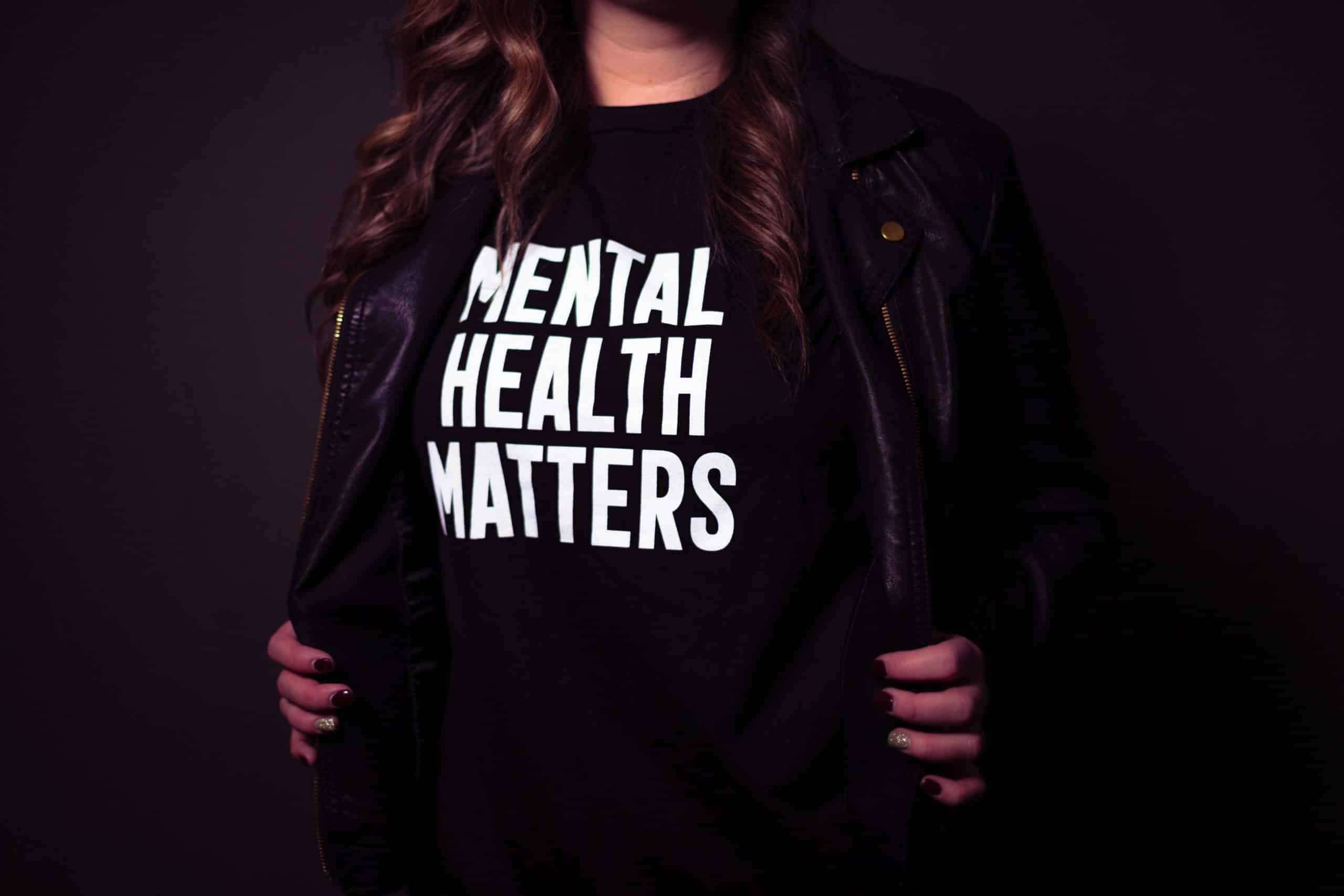8 Negative Effects of Code-Switching on Your Mental Health
If you’re any kind of person of color, you’ve likely code-switched more times than you can count, especially in professional settings. Adapting the way you speak down to the tone of your voice and vocabulary, behavior, and appearance to fit into a certain environment is a reality for most people of color. While code-switching may provide short-term advantages, such as more and better job opportunities, it can also have significant psychological impacts over time. To explore that, here are 8 ways code-switching may hurt your mental health:
It May Lead to Greater Stress and Anxiety

Constantly altering your language, tone, and appearance to meet workplace or societal expectations can lead to greater stress and anxiety. This ongoing effort to blend in with the dominant culture creates a cycle of anxiety, especially when they feel like they must monitor themselves at all times to avoid judgment or negative stereotypes. The need to be hyper-aware of how you’re perceived is mentally exhausting, especially when you’re already juggling other things, including work. This is anxiety-inducing and that anxiety can be even more intense if you’re involved in high-stress environments. Ultimately, it can affect your ability to fully engage in tasks or make confident decisions.
It May Make You Feel Inauthentic and Affect Your Sense of Identity

Code-switching forces people of color to compartmentalize parts of their identity. It’s no surprise that leads to a sense of inauthenticity. When you have to constantly suppress your natural way of speaking or expressing your culture, it can only lead to internal conflict. Over time, this can make you feel disconnected from your authentic self and true identity. The mental burden of “playing a role” for most of your day can lead to feeling alienated from your cultural roots. Is that a fair price to pay?
It May Cause Burnout and Emotional Fatigue

The emotional labor of constantly adjusting speech, appearance, and behavior requires a lot of mental energy. Latinas and other POCs may feel like they’re performing, often for hours on end. So it’s not surprising to feel exhausted at the end of the day or on whatever occasion you were exposed to that made you decide to code-switch. This fatigue can eventually lead to burnout, especially at work, making you feel disconnected. This is why working in places that lack cultural inclusivity isn’t sustainable in the long term. You will eventually feel overworked and emotionally depleted.
It May Lead to Imposter Syndrome

Imposter syndrome, the psychological phenomenon where people doubt their own achievements and fear they’re frauds, is very common among people who code-switch. Code-switching can deepen your feelings of imposter syndrome because you know you’re being inauthentic. For example, Latinas often worry about being “not Latina enough” in predominantly white spaces, while simultaneously worrying about being “too Latina” for professional success. This dual pressure can make it hard to develop a sense of confidence in their abilities and achievements.
It May Cause Social Isolation

People of color who frequently code-switch may feel socially isolated both in the workplace and in their personal lives. In trying to fit into a corporate culture, it’s common for them to hold back from sharing cultural experiences or engaging in casual conversations that reflect their heritage. This can make it harder to form meaningful connections with coworkers or to feel fully integrated into the workplace community.
It May Have a Negative Impact on Work Performance

When you focus a lot of mental energy on code-switching, your work performance can suffer. The pressure to self-monitor can be a major distraction from job responsibilities, not to mention the mental strain of code-switching can reduce focus, making you less productive. The constant mental balancing act may also make you more hesitant to share your innovative ideas or offer leadership contributions, ultimately limiting your professional growth.
It May Cause Long-Term Psychological Damage

Being labeled as “acting white” can lead to long-term psychological harm. People of color who frequently code-switch may experience a sense of not belonging in either their cultural community or their workplace. Over time, this disconnect can result in feelings of alienation, loneliness, and even identity confusion. When you feel like you don’t fit in anywhere, it can create insecurities that run deep. It can also lead to mental health issues like anxiety or even depression.
It’s Simply Less Joyful!

Perhaps the worst thing about code-switching is that it may steal you of your joy. For example, Latinas are often vibrant and expressive women with rich cultural traditions and values. Dimming your own light to fit into a certain context can take a big emotional toll on you. When you have to deny your cultural pride, you’re denying an important part of yourself. How can that lead to joy or satisfaction?




